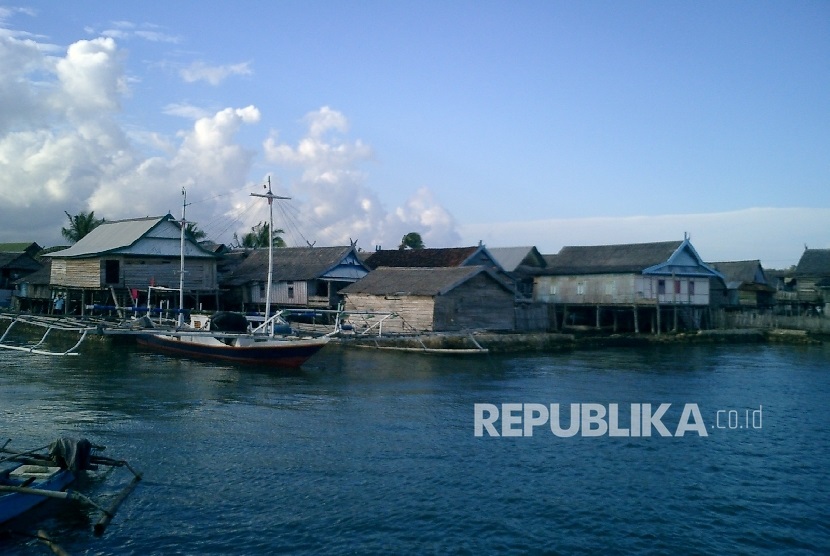REPUBLIKA.CO.ID, JAKARTA -- Lobbying carried out by a number of parties with regard to the ban on the use of trawls is reasonable if communications through formal avenues is hindered, an observer said.
"It is all right to conduct lobbying amid communication deadlock with formal parties," maritime affairs and fisheries observer Abdul Halim noted in Jakarta, Tuesday.
He said lobbying can be a means of creating a road map toward sustainable fisheries development between business makers and the Maritime Affairs and Fisheries Ministry (KKP).
Halim, who is also the executive director of the Maritime Research Center for Humanity (MRCH), said lobbying by those looking for solution to the ban was done as a result of the deadlock in the communication between business players and the KKP.
"It is reasonable to carry on lobbying as long as it does not disadvantage the larger maritime and fisheries community," he asserted.
He stressed that so far, the MRCH had been independent and objective in encouraging various solutions for the use of marine and fishery resources, notably solutions that favour fishermen and small fish breeders.
KKP Minister Susi Pudjiastuti had called for fishery businesses to support the government's trawl ban policy and to stop lobbying for lifting of the ban.
Also read: Govt allows fishermen to use trawlers until year-end
"Stop creating conflict by lobbying here and there. You all have enjoyed the fiesta in the sea when there was no regulation in the past. Now, we want to regulate it, as we no longer want it to be left behind," the minister had told big businesses.
According to Pudjiastuti, the ban on the use of trawls would help increase the gross domestic product (GDP) in the fisheries sector.
Support from businesses is needed, so that the government can create sustainable sea for the future, she added.
She observed there were many deceitful businesses that were creating conflict among various parties and engaging in slanders and false statements for their selfish ends.
The minister also regretted the fact that many mafias were using the people as a shield and as a reason to fight against the government's policy for their own benefits, whereas the sea is the future of the nation, meaning generations depend on it for their livelihood.
The policy, she revealed, was to ensure the survival of fishery resources to meet the needs of the people. "If all are exploited and finished, the resources will be wiped out. What will remain is only a slogan," she remarked.
Earlier, Pudjiastuti said that trawls had been banned as the fishing equipment dragged across the seabed was harming the marine ecosystem. "We noticed that the trawls are dragged across the seabed, and hence, they are destructive," she explained in a written statement.
Pudjiastuti said the use of trawls, locally known as "cantrang," could damage the ecosystem, which is a habitat for the organisms that the fish feed on, and so, it could reduce the productivity of the seabed.
Cantrang can net several types of fish of varying sizes, and hence, its use runs counter to the principle of sustainability and the Indonesian fishery policy.


